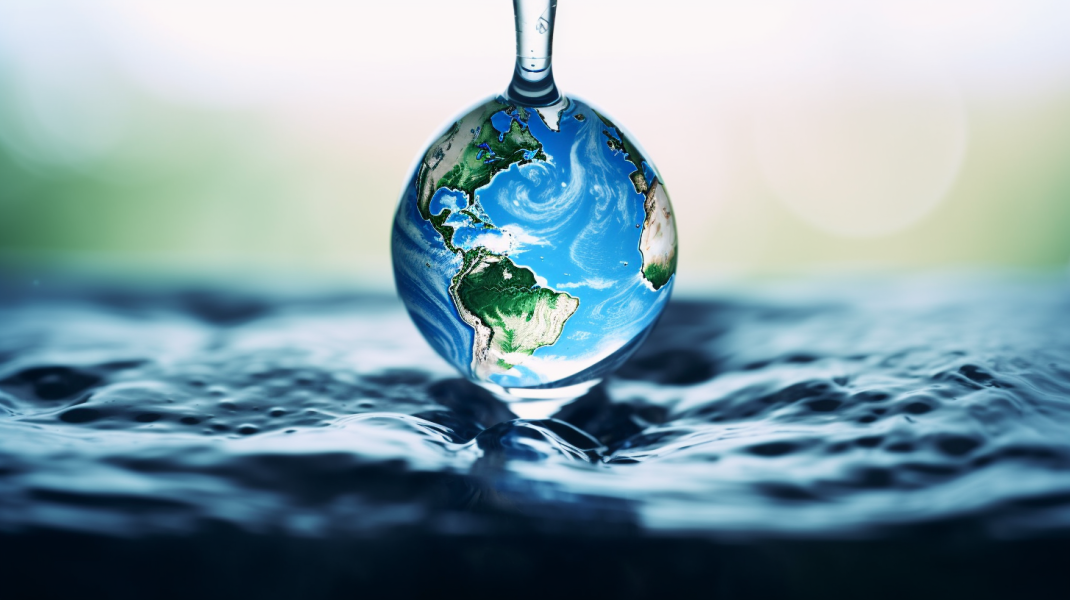Water is a finite and essential resource that sustains life on our planet. As the world grapples with growing concerns over water scarcity and environmental degradation, businesses are stepping up to the plate to address their role in conserving this invaluable resource. From adopting innovative technologies to implementing sustainable practices, companies across various industries are making significant strides in reducing water waste. In this article, we will explore how forward-thinking companies are taking action to conserve water and pave the way for a more sustainable future.
Efficient Water Management Systems
One of the most impactful ways companies are combating water waste is by implementing efficient water management systems. Advanced technologies, such as real-time monitoring and data analytics, allow companies to track water usage, identify leaks, and optimize consumption patterns. This approach not only helps conserve water but also results in cost savings and increased operational efficiency.
Water-Recycling Initiatives
In industries that require large volumes of water, such as manufacturing and agriculture, water recycling has emerged as a game-changer. Companies are increasingly investing in wastewater treatment facilities that purify and recycle water for reuse within their operations. This closed-loop system not only reduces the strain on freshwater resources but also minimizes pollution by preventing contaminants from entering natural water bodies.
- Adopting Sustainable Agriculture Practices
The agricultural sector is a significant consumer of water. Forward-thinking companies are collaborating with farmers to promote sustainable irrigation practices. Precision irrigation systems, which deliver water directly to plant roots based on real-time data, help optimize water use and enhance crop yields. Additionally, companies are partnering with agricultural communities to implement crop rotation and soil management techniques that require less water without compromising productivity.
Innovative Product Redesign
Innovation in product design can also contribute to water conservation. Many companies are reimagining their products to be more water-efficient. For instance, appliance manufacturers are producing dishwashers and washing machines that require less water per cycle. Similarly, the fashion industry is exploring dyeing techniques that use less water and chemicals, reducing the environmental impact of textile production.
Promoting Consumer Awareness
Companies are realizing the importance of educating consumers about the water footprint of products and services they use. By raising awareness about the impact of everyday choices, such as food consumption and product purchases, businesses can empower consumers to make more sustainable decisions. Labels that indicate water-efficient products or water-friendly practices are becoming more common, guiding consumers toward eco-friendly options.
Collaboration and Partnerships
Addressing water waste requires collective effort. Many companies are partnering with governmental bodies, non-governmental organizations, and other stakeholders to tackle water-related challenges. These collaborations often lead to the development of industry-wide standards, policies, and best practices that promote responsible water management.
Supply Chain Sustainability
Companies are extending their water conservation efforts beyond their immediate operations and into their supply chains. This involves working closely with suppliers to ensure that production processes are water-efficient and environmentally responsible. By fostering sustainable practices across the supply chain, businesses can create a ripple effect of positive change throughout the industry.
Conclusion
The growing awareness of water scarcity and environmental concerns is prompting companies to take meaningful steps toward reducing water waste. Through innovative technologies, sustainable practices, and collaborative efforts, businesses are demonstrating their commitment to preserving this invaluable resource for future generations. As these efforts continue to gain momentum, they not only contribute to water conservation but also set a precedent for holistic sustainability across industries. By learning from these inspiring examples, we can all play a part in creating a more water-resilient and environmentally harmonious world.
